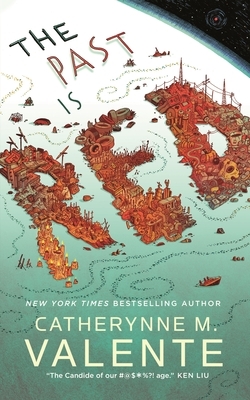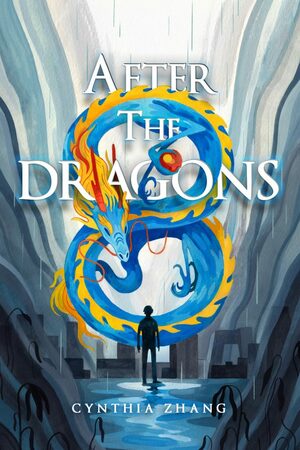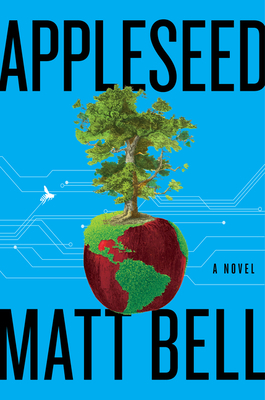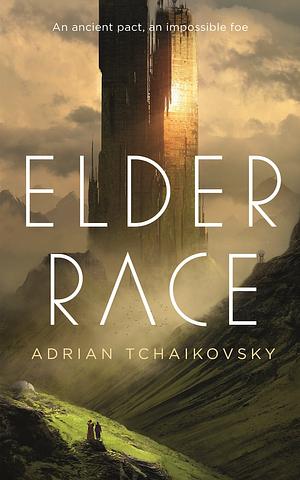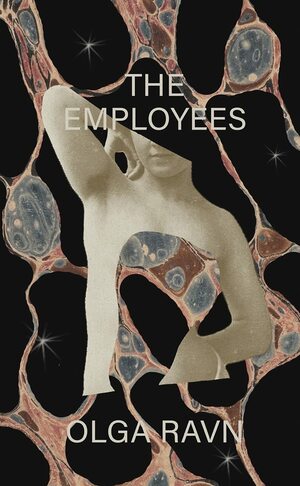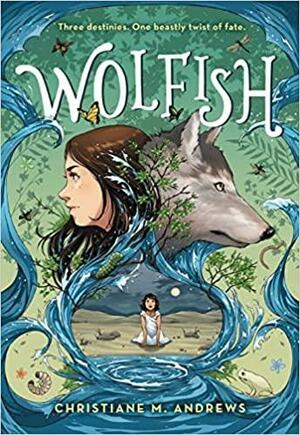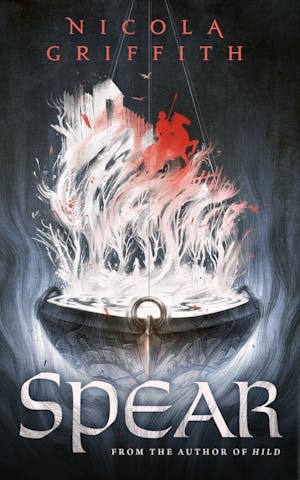Scan barcode
Ursula K. Le Guin Prize for Fiction (from 2022 and ongoing, all winners, shortlist as bonus)
33 participants (3 books)
Overview
The Ursula K. Le Guin Prize for Fiction is an annual $25,000 cash prize given to a writer for a single work of imaginative fiction. This award is intended to recognize those writers Ursula spoke of in her 2014 National Book Awards speech—realists of a larger reality, who can imagine real grounds for hope and see alternatives to how we live now.
“Many will appreciate an irony in that Ursula herself was suspicious of literary awards and prizes. At the same time, she recognized their genuine value in honoring a writer and increasing visibility of good, undervalued writing. She also knew that a bit of money, at the right moment and in the right spirit, can be a turning point in a writer’s ability to continue writing. I hope the Prize will provide meaningful help and recognition to writers who might otherwise not receive it.” —Theo Downes-Le Guin, Ursula’s son and literary executor
The nomination process for the prize is open to all; Each year, readers, authors, booksellers, publishers, librarians and anyone else can nominate work they believe fits the following criteria:
The Prize will be given to a writer whose work reflects the concepts and ideas that were central to Ursula’s own work, including but not limited to: hope, equity, and freedom; non-violence and alternatives to conflict; and a holistic view of humanity’s place in the natural world.
To be eligible for the Prize, a book must also be:
- A book-length work of imaginative fiction written by a single author.
- Available in the U.S. in English or in translation to English. (In the case of a translated work winning the Prize, the cash prize will be equally divided between author and translator.)
- Published in the specific window for each year’s prize.
(Beginning in 2025, the prize will be given to a book published in the previous calendar year. As books published January through March of 2024 were eligible for the 2024 prize, only books published April 2024 through December 2024 will be eligible for the 2025 prize.)
The Prize also gives weight to those writers whose access to resources, due to race, gender, age, class or other factors, may be limited; who are working outside of institutional frameworks such as MFA programs; who live outside of cultural centers such as New York; and who have not yet been widely recognized for their work.
A writer may receive the Prize only once.
The recipient of each year’s prize is chosen by a selection panel of authors.
More Information: https://www.ursulakleguin.com/prize-overview
The recipient of the 2024 Ursula K. Le Guin Prize for Fiction will be announced on October 21st—Ursula’s birthday.
This challenge: has no time limit. Shortlisted books are added as bonus.
The winners and shortlisted books of the next years will be added/updated respectively.
Please contact me at instagram if something needs to be changed. -> Helena_Buchwelt
More Information: https://www.ursulakleguin.com/prize-overview
The recipient of the 2024 Ursula K. Le Guin Prize for Fiction will be announced on October 21st—Ursula’s birthday.
This challenge: has no time limit. Shortlisted books are added as bonus.
The winners and shortlisted books of the next years will be added/updated respectively.
Please contact me at instagram if something needs to be changed. -> Helena_Buchwelt
Ursula K. Le Guin Prize for Fiction (from 2022 and ongoing, all winners, shortlist as bonus)
33 participants (3 books)
Overview
The Ursula K. Le Guin Prize for Fiction is an annual $25,000 cash prize given to a writer for a single work of imaginative fiction. This award is intended to recognize those writers Ursula spoke of in her 2014 National Book Awards speech—realists of a larger reality, who can imagine real grounds for hope and see alternatives to how we live now.
“Many will appreciate an irony in that Ursula herself was suspicious of literary awards and prizes. At the same time, she recognized their genuine value in honoring a writer and increasing visibility of good, undervalued writing. She also knew that a bit of money, at the right moment and in the right spirit, can be a turning point in a writer’s ability to continue writing. I hope the Prize will provide meaningful help and recognition to writers who might otherwise not receive it.” —Theo Downes-Le Guin, Ursula’s son and literary executor
The nomination process for the prize is open to all; Each year, readers, authors, booksellers, publishers, librarians and anyone else can nominate work they believe fits the following criteria:
The Prize will be given to a writer whose work reflects the concepts and ideas that were central to Ursula’s own work, including but not limited to: hope, equity, and freedom; non-violence and alternatives to conflict; and a holistic view of humanity’s place in the natural world.
To be eligible for the Prize, a book must also be:
- A book-length work of imaginative fiction written by a single author.
- Available in the U.S. in English or in translation to English. (In the case of a translated work winning the Prize, the cash prize will be equally divided between author and translator.)
- Published in the specific window for each year’s prize.
(Beginning in 2025, the prize will be given to a book published in the previous calendar year. As books published January through March of 2024 were eligible for the 2024 prize, only books published April 2024 through December 2024 will be eligible for the 2025 prize.)
The Prize also gives weight to those writers whose access to resources, due to race, gender, age, class or other factors, may be limited; who are working outside of institutional frameworks such as MFA programs; who live outside of cultural centers such as New York; and who have not yet been widely recognized for their work.
A writer may receive the Prize only once.
The recipient of each year’s prize is chosen by a selection panel of authors.
More Information: https://www.ursulakleguin.com/prize-overview
The recipient of the 2024 Ursula K. Le Guin Prize for Fiction will be announced on October 21st—Ursula’s birthday.
This challenge: has no time limit. Shortlisted books are added as bonus.
The winners and shortlisted books of the next years will be added/updated respectively.
Please contact me at instagram if something needs to be changed. -> Helena_Buchwelt
More Information: https://www.ursulakleguin.com/prize-overview
The recipient of the 2024 Ursula K. Le Guin Prize for Fiction will be announced on October 21st—Ursula’s birthday.
This challenge: has no time limit. Shortlisted books are added as bonus.
The winners and shortlisted books of the next years will be added/updated respectively.
Please contact me at instagram if something needs to be changed. -> Helena_Buchwelt
Challenge Books
1
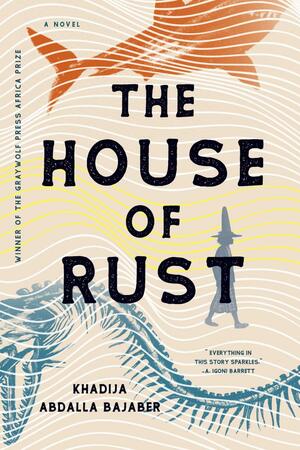
The House of Rust
Khadija Abdalla Bajaber
Winner 2022
In Bajaber’s debut novel, published by Graywolf Press, young Aisha sets out in the company of a talking cat and a boat made of bones to rescue her fisherman father. Khadija Abdalla Bajaber’s debut novel is grounded in a vivid sense of place and the way she continuously expands both Aisha’s world and her understanding of it—a world of leviathans, snake gods, and crows whose sharp eyes are on everyone. The jury praised Bajaber’s transcendent writing and innovative, transporting story, saying:
In Bajaber’s debut novel, published by Graywolf Press, young Aisha sets out in the company of a talking cat and a boat made of bones to rescue her fisherman father. Khadija Abdalla Bajaber’s debut novel is grounded in a vivid sense of place and the way she continuously expands both Aisha’s world and her understanding of it—a world of leviathans, snake gods, and crows whose sharp eyes are on everyone. The jury praised Bajaber’s transcendent writing and innovative, transporting story, saying:
“Khadijah Abdalla Bajaber’s superb novel maps a hinterland between harsh reality, fantasy and folklore. Scene after scene is gleaming, textured, cliche-free and wise. Bajaber’s use of language is virtuosic. Her imagination is cinematic. The House of Rust is a manifesto for a new mythology. Writing of this quality deserves a global audience.”
2
(bonus)
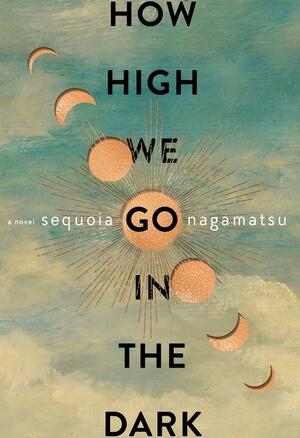
How High We Go in the Dark
Sequoia Nagamatsu
Finalist 2022
8
(bonus)
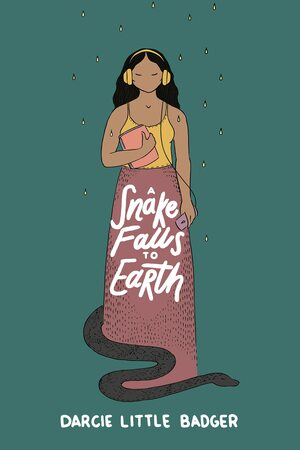
A Snake Falls to Earth
Darcie Little Badger
Shortlist 2022
9
(bonus)
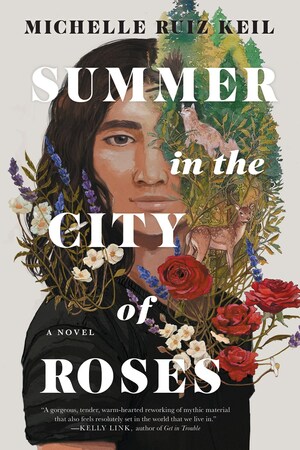
Summer in the City of Roses
Michelle Ruiz Keil
Shortlist 2022
10
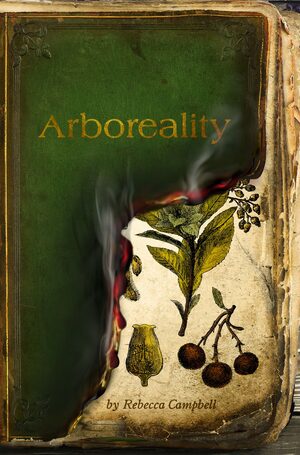
Arboreality
Rebecca Campbell
Winner 2023
In looping, linked stories that travel through generations, Campbell explores the effects of climate change on one slice of British Columbia: what might happen as the planet changes, and how regular people might remake their homes by growing together and reconsidering other, gentler ways to live in a drastically reshaped world.
The selection panel praised Campbell’s profoundly ethical, beautifully illuminated work, saying:
“Arboreality is a eulogy for the world as we know it. Rebecca Campbell’s extraordinary, deeply felt book explores the difficulties of the long hard project of survival. There are no heroes or villains here—only people making brave, difficult choices, out of hope and love for their community, for art, knowledge, and beauty. Arboreality imagines things that we haven’t yet considered about what can and will go wrong with our gardens, libraries, and archives if we don’t act now (maybe even if we do). In her masterful and profoundly ethical stories, Campbell asks us what might be saved, what must be saved, and what it will take to do so. ”

